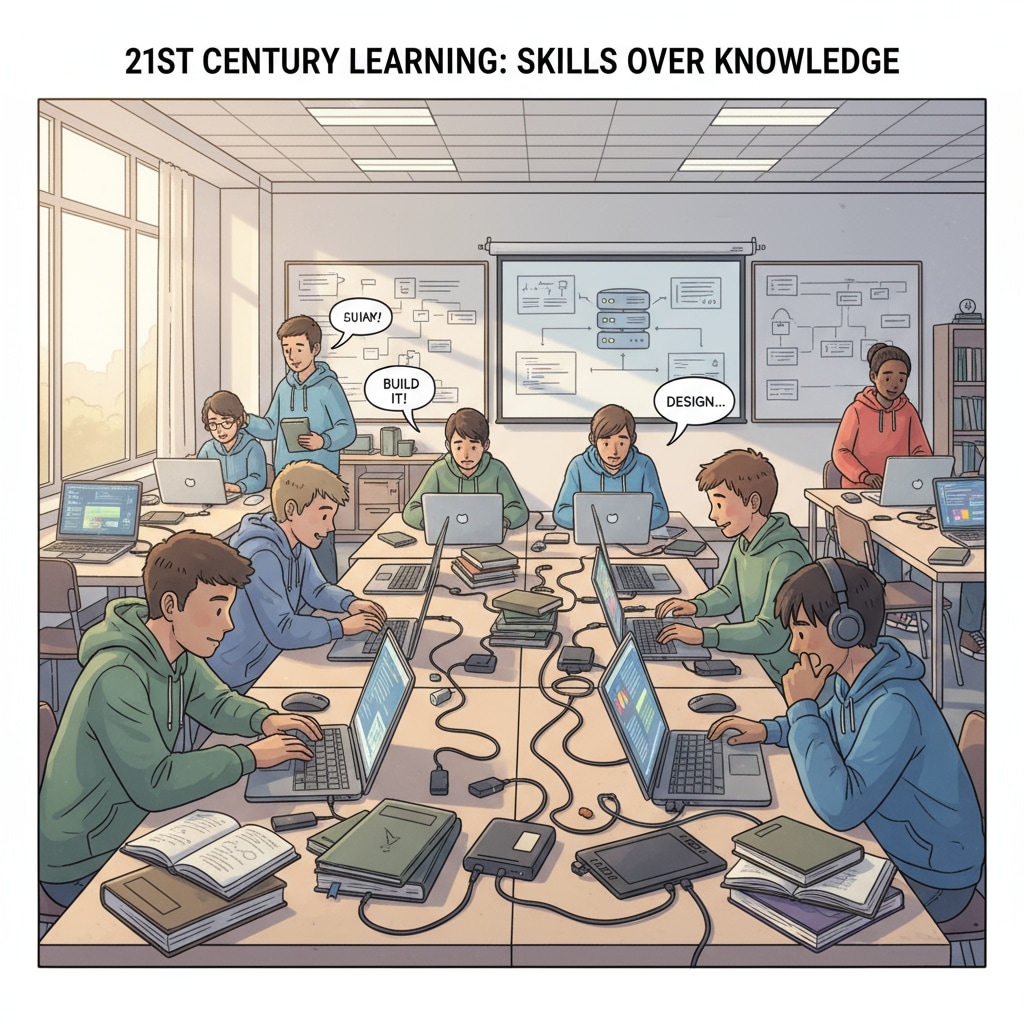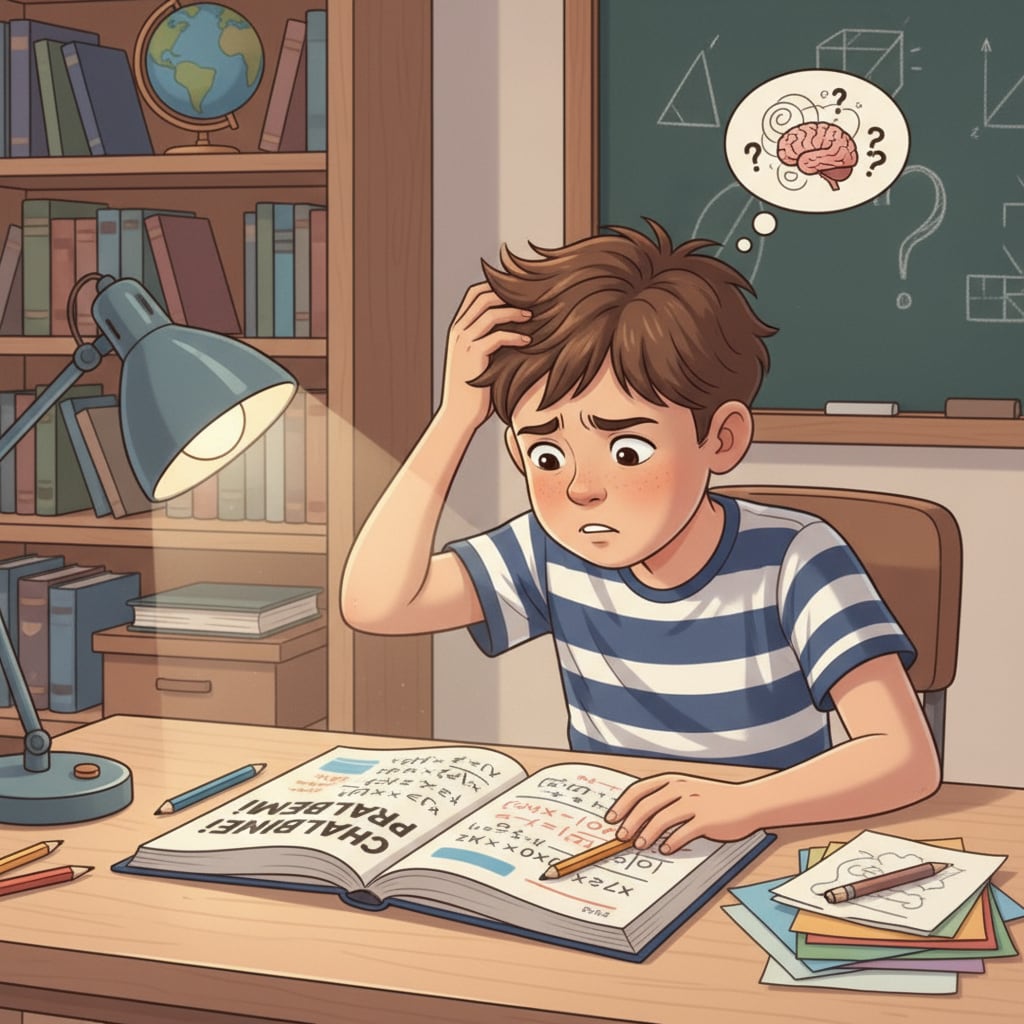In the realm of modern education, the concepts of educational standards, historical knowledge, and basic literacy have taken on a new dimension with the rise of the “skills first” approach. There is a growing concern that this emphasis on skills might be causing a significant gap in students’ fundamental knowledge. As education systems strive to prepare students for the job market, the balance between skills training and knowledge acquisition seems to be tilting in an alarming direction.

The “Skills First” Trend in Modern K12 Education
In recent years, K12 education has witnessed a substantial shift towards a “skills first” philosophy. Schools are now more inclined to teach practical skills such as coding, digital literacy, and communication skills, which are highly valued in the modern workplace. This trend is driven by the belief that these skills will give students a competitive edge in the future job market. However, in the pursuit of these skills, the importance of fundamental knowledge in subjects like history, literature, and mathematics is being sidelined. For example, a study by the National Education Association revealed that the time dedicated to teaching historical knowledge in schools has significantly decreased in the past decade. This reduction in historical education not only affects students’ understanding of the past but also their ability to analyze current events and make informed decisions.
The Consequences of Neglecting Basic Knowledge
The neglect of basic knowledge has far-reaching consequences for students’ overall development. Without a solid foundation in basic literacy, students may struggle to express their ideas clearly, both verbally and in writing. In terms of historical knowledge, a lack of understanding can lead to a narrow perspective of the world, as students fail to recognize the patterns and lessons from history. Moreover, in subjects like mathematics, a weak grasp of fundamental concepts can hinder students’ progress in more advanced topics.

As a result, students may find themselves ill-equipped to handle the challenges of higher education or the demands of a rapidly evolving workplace.
Another consequence is the potential impact on students’ critical thinking skills. Basic knowledge serves as the building blocks for critical analysis. When students lack a comprehensive understanding of various subjects, they are less likely to be able to think critically and evaluate information objectively. This can limit their creativity and problem-solving abilities, which are essential in today’s innovation-driven society.
Readability guidance: Here, we can see how the overemphasis on skills and neglect of basic knowledge are intertwined issues. The key is to find a way to balance these two aspects in education.


